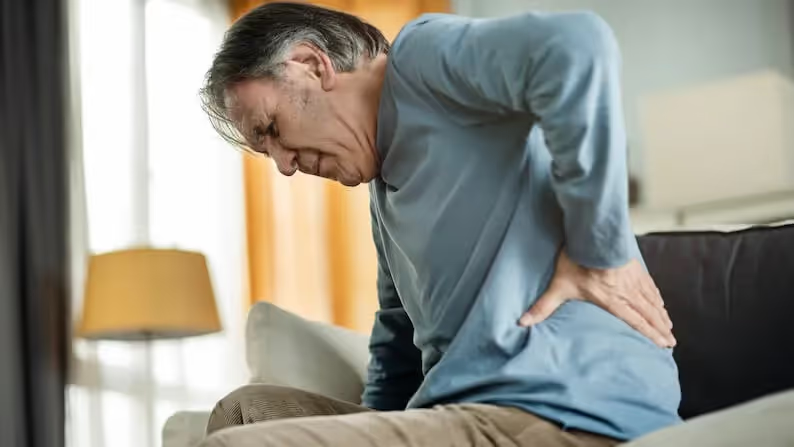Kidney stones, though small in size, can cause excruciating pain and discomfort. Seniors, in particular, may be more prone to kidney stones due to age-related changes in the body. Understanding the signs, symptoms, and effective strategies for how to pass kidney stones is essential for seniors to manage this condition effectively.
Why Older Adults Are Prone to Kidney Stones
Seniors are particularly prone to developing kidney stones due to various age-related factors that affect kidney function and overall health. As individuals age, their kidneys may become less efficient at filtering waste products from the blood. This leads to a buildup of minerals and other substances that can crystallize and form stones. Additionally, seniors may experience decreased fluid intake or dehydration, which can concentrate urine and make it more likely for minerals to precipitate and form stones. Age-related conditions such as hypertension, diabetes, and obesity can also increase the risk of kidney stones by altering urine composition and promoting stone formation. Certain medications commonly used by older adults, such as diuretics or calcium supplements, may also contribute to stone formation. Overall, the combination of physiological changes, lifestyle factors, and medical conditions makes seniors more susceptible to developing kidney stones compared to younger individuals.
Symptoms of Kidney Stones in Seniors
- Intense Pain: One of the hallmark symptoms of kidney stones is intense pain in the back, side, abdomen, or groin. Seniors may experience waves of pain that come and go, often described as one of the most severe pains they have ever felt.
- Changes in Urination: Seniors with kidney stones may notice changes in their urinary habits. This can include frequent urination, urgency to urinate, or pain or discomfort during urination. Blood in the urine (hematuria) is also a common symptom of kidney stones.
- Nausea and Vomiting: Kidney stone pain can be so severe that it triggers nausea and vomiting. These symptoms may further exacerbate dehydration, which can worsen the condition.
- Fever and Chills: In some cases, seniors with kidney stones may develop a fever and experience chills. This could indicate an infection or complication requiring immediate medical attention.
If you're experiencing any of these symptoms, it's important that you seek medical attention from your healthcare provider as soon as possible.
How to Pass Kidney Stones Tips
- Stay Hydrated: Adequate hydration is crucial for passing kidney stones. You should drink plenty of water throughout the day to help flush out the stones from the urinary tract. Aim for at least eight to 10 glasses of water per day or more if advised by your healthcare professional.
- Pain Management: Over-the-counter pain relievers such as ibuprofen or acetaminophen can help alleviate the discomfort associated with kidney stones. You should always consult your healthcare provider before taking any medication, especially if you have pre-existing medical conditions or are taking other medications.
- Try Natural Remedies: Some individuals have found relief from kidney stone symptoms by trying natural remedies such as lemon juice, apple cider vinegar, or herbal teas like nettle leaf or dandelion root. However, just like other prescriptions and OTC pain relievers, it's essential to consult your healthcare provider before trying any new remedy, as they may interact with existing medications or conditions.
- Use Heat Therapy: Applying a heating pad or hot water bottle to the area of pain can help relax the muscles and alleviate discomfort caused by kidney stones. Seniors should be cautious not to apply heat directly to the skin and limit the duration of heat therapy sessions to avoid burns.
- Medical Intervention: In some cases,medical intervention may be necessary to help pass kidney stones. This could include procedures such as lithotripsy (using shock waves to break up the stones), ureteroscopy (inserting a thin tube with a camera to remove the stones), or surgery in severe cases.
Find Relief from Kidney Stones
Kidney stones can be a painful and challenging condition for seniors to manage. Recognizing the symptoms and implementing appropriate strategies for passing kidney stones can alleviate discomfort and improve your quality of life. However, it's essential to consult your healthcare provider for personalized advice and treatment recommendations based on your individual needs and medical history. With proper care and following these tips on how to pass kidney stones, you can overcome kidney stones and continue to enjoy an active and fulfilling lifestyle.




